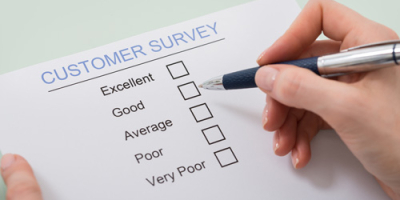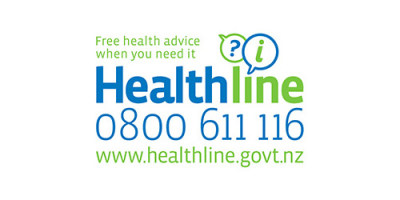Bringing life to used PVC
If you have ever wondered where used IV and irrigation bags, oxygen tubing or face masks go, you may be surprised to hear that some end up as safety surfacing in kids’ playgrounds.
Around half of the PVC in hospitals is used in theatre and ICU, and most of the waste is uncontaminated and recyclable.

Theatre nurse and committed greenie Helen Spring says she was disheartened to see so many PVC medical products going into the rubbish.
“I did some investigation and found a company called Matta Products that recycles PVC into specialised safety tiles for playgrounds,” she says.
Matta Products is part of the ‘PVC Recovery in Hospitals’ initiative which is supported by Baxter, a company that makes medical products. Matta Products collects and transports the PVC for free, but Helen had to work out how to store it and get it ready for collection.
“I had to get a space, under cover, that a truck could back up to, and which could fit a cupboard box capable of holding 200 kilos,” Helen says.
Once she had secured a suitable spot in the loading bay at Nelson Hospital, Helen set about ensuring the theatre team put the used PVC products in a special bin. She is now gradually approaching other departments that use PVC to bring them on board.
The scheme began in October 2017 and in February 2018 the first 200 kilo box was sent away. Helen says this represents a saving to Nelson Marlborough Health of $1600 for each box. By November 2018 four boxes had been filled.
Helen calculates that if every piece of discarded PVC IV and irrigation was recycled it would save NMH $7500 in disposal costs per year.
Recycling PVC also results in reduced carbon dioxide (CO2) emissions. For instance, Baxter calculates that recycling a PVC IV bag, rather than incinerating it, reduces CO2 emissions by 77 per cent.
Helen doesn’t intend to stop with PVC recycling – she also has her eye on single-use products such as disposable coffee cups and metal scissors.
“We humans create a lot of rubbish that ends up in our land and sits there for hundreds of years,” she says. “I ask people to think about the amount of rubbish they create every day and try and reverse it with baby steps such as taking home their food scraps for composting, bringing their own coffee cup to the cafe, and riding a bike or bus to work at least once a week.”
Page last updated: 26/06/2019





